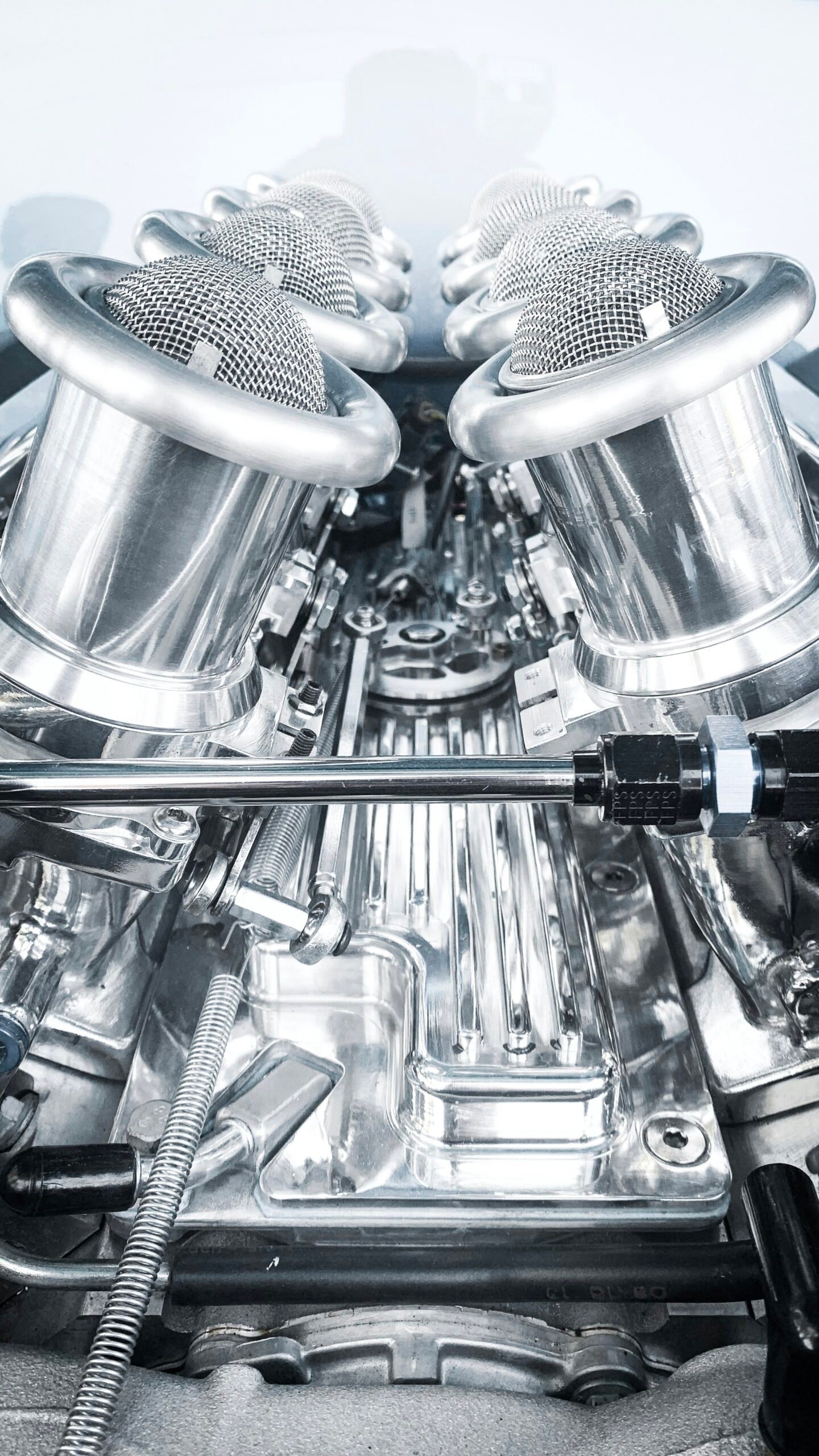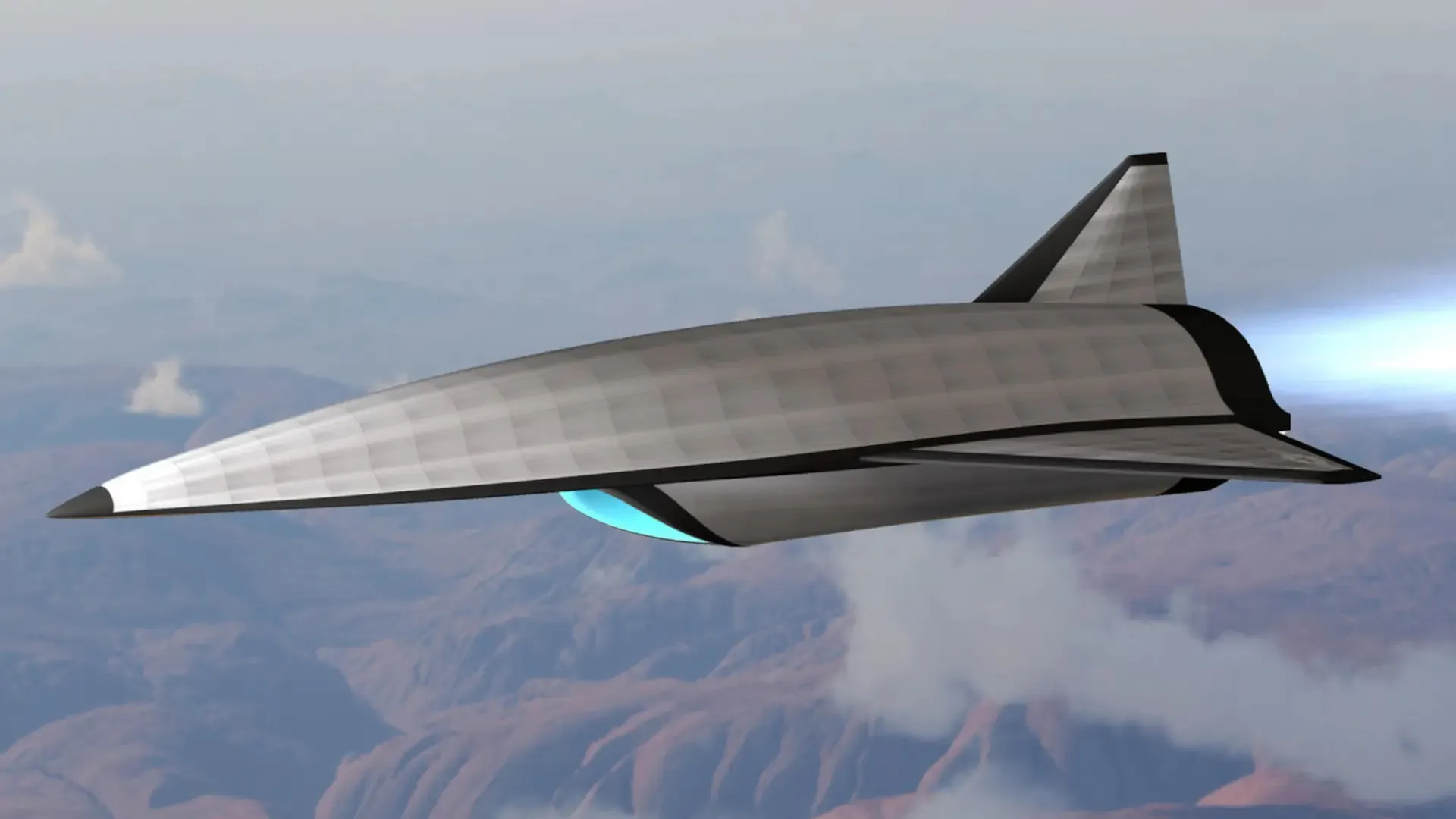Introduction to AI in Aerospace
Artificial intelligence (AI) has emerged as a powerful tool in various industries, and the aerospace sector is no exception. The application of AI technologies in aerospace is transforming supply chain management by offering innovative solutions to longstanding challenges. The aerospace industry is characterized by its unique complexities, including stringent regulatory compliance, intricate component designs, and the need for global sourcing of materials. These factors make effective supply chain management critical for manufacturers and suppliers alike.
One of the primary challenges in aerospace supply chain management is ensuring compliance with a myriad of regulations that govern safety and quality standards. These regulations are designed to mitigate risks associated with the production and maintenance of aircraft, making it essential for supply chain professionals to navigate these requirements meticulously. AI can assist in this area by providing real-time analytics and predictive modeling, which help companies to stay informed about compliance changes and assess the potential impacts on their supply chain processes.
Additionally, the complexity of aerospace components presents another obstacle, as these parts often require precision engineering and can involve numerous suppliers. AI-driven systems can enhance visibility across the supply chain, enabling manufacturers to better track components and manage relationships with various suppliers. This transparency is crucial for optimizing inventory management and minimizing disruptions in the production process.
Furthermore, the global nature of aerospace sourcing necessitates efficient coordination across multiple geographies. AI technologies can streamline communication and logistics, allowing for agile responses to market fluctuations and unexpected challenges. By automating data analysis and decision-making processes, AI empowers organizations to make more informed choices regarding supplier selection, inventory levels, and demand forecasting.
Overall, the integration of AI into aerospace supply chain management holds significant potential for improving efficiency, reliability, and agility, ultimately paving the way for a more resilient industry.
Key Applications of AI in Supply Chain Optimization
The aerospace industry is increasingly leveraging artificial intelligence (AI) to optimize various aspects of its supply chains. One of the most significant areas is predictive analytics, which utilizes historical data and advanced algorithms to forecast demand accurately. By implementing predictive analytics, aerospace companies can minimize excess inventory, reduce costs, and enhance customer satisfaction through timely product availability. For instance, Boeing has adopted predictive analytics to anticipate the demand for aircraft components, enabling more efficient resource allocation and reducing lead times.
Another critical application is the use of machine learning algorithms for inventory management. These algorithms analyze patterns in supply chain data, helping organizations maintain optimal stock levels while simultaneously minimizing waste. By predicting which parts will be needed and when, aerospace manufacturers can ensure that they have the necessary components on hand without overstocking, which can tie up capital unnecessarily. An example can be seen in Airbus’s implementation of machine learning, where they improved their inventory turnover rate significantly, translating to reduced operational costs.
Quality assurance in the aerospace sector has also seen notable innovations thanks to AI-driven processes. Quality checks traditionally rely on human inspection, which can be prone to errors and biases. However, the integration of AI has allowed for more accurate quality assessments through visual inspections and defect detection. Companies like Raytheon Technologies utilize AI tools to analyze manufacturing data and identify potential quality issues, thereby enhancing product reliability and safety.
Lastly, robotics play a vital role in logistics and manufacturing within the aerospace supply chain. Automated systems and robotic process automation streamline operations, reduce human error, and increase efficiency. For example, Lockheed Martin has incorporated robotic systems in their assembly lines to expedite production while maintaining stringent safety standards.
Challenges and Considerations in Implementing AI
The integration of artificial intelligence (AI) into the aerospace supply chain presents numerous challenges that organizations must address to fully leverage its potential. One of the primary barriers is data quality. AI systems rely heavily on accurate and extensive data for training and operation. If the datasets used contain inaccuracies or are incomplete, it not only undermines the efficacy of the AI algorithms but may also lead to erroneous insights that can impact decision-making processes.
Furthermore, organizational readiness is a critical factor. Many aerospace companies possess legacy systems and processes that may not seamlessly integrate with new AI tools. A cultural shift is often required to adapt to AI-driven methodologies, necessitating changes in management practices, workflows, and employee roles. This calls for a comprehensive change management strategy that fosters a culture of innovation and collaboration.
Another significant consideration is cybersecurity. The introduction of AI technologies increases the attack surface for potential cyber threats. With AI systems handling sensitive information and interconnected data, it becomes essential to implement robust cybersecurity measures. Organizations must prioritize the protection of their infrastructure and ensure compliance with relevant regulations to mitigate risks associated with data breaches.
Moreover, the need for a skilled workforce cannot be overlooked. Successfully managing AI tools requires personnel who possess not only technical expertise but also an understanding of the aerospace domain. Organizations must invest in training and development programs to equip their workforce with the necessary skills to operate AI technologies effectively.
To overcome these challenges, companies can adopt several strategies. These include improving data governance practices, fostering a culture of openness and adaptability, implementing stringent cybersecurity protocols, and developing comprehensive training programs for their workforce. By addressing these areas, organizations can enhance their capacity to integrate AI technologies successfully into the aerospace supply chain.
Future Trends and Innovations in AI for Aerospace Supply Chains
The aerospace industry is poised for transformative changes driven by artificial intelligence (AI) technologies. As the demand for aerospace products continues to rise, optimizing supply chains becomes imperative. Emerging innovations such as advanced robotics, the Internet of Things (IoT), and sophisticated data analytics will play vital roles in revolutionizing supply chain management.
Advanced robotics, equipped with AI capabilities, can automate various processes within the aerospace supply chain. These robots enhance productivity by performing repetitive tasks with precision and efficiency. In manufacturing facilities, robotic systems can assemble components, conduct inspections, and handle materials, ultimately reducing operational costs and lead times. Furthermore, the integration of AI-enabled robots can facilitate flexible manufacturing processes, enabling companies to swiftly adapt to changes in demand.
The Internet of Things (IoT) presents another significant opportunity for enhancing aerospace supply chains. By interconnecting devices, suppliers, manufacturers, and logistics providers can obtain real-time data regarding inventory levels, production schedules, and shipment tracking. This connectivity allows for improved forecasting and inventory management, minimizing delays while optimizing resource allocation. Moreover, IoT applications can support predictive maintenance, identifying potential issues before they hinder production efficiency.
Enhanced data analytics capabilities are also critical for the future of aerospace supply chains. Utilizing AI algorithms, companies can analyze vast amounts of data collected from various sources, including production lines, suppliers, and market trends. This comprehensive analysis enables organizations to make informed decisions, further streamlining operations and mitigating risks. Moreover, advanced analytics can uncover insights related to sustainability, guiding aerospace companies towards greener practices that reduce emissions and waste.
As the landscape of aerospace supply chains continues to evolve, ongoing advancements in AI will lead to more sustainable and resilient operations. These innovations not only enhance efficiency but also align the industry with global sustainability goals, setting the stage for a more responsible future in aerospace supply chain management.









